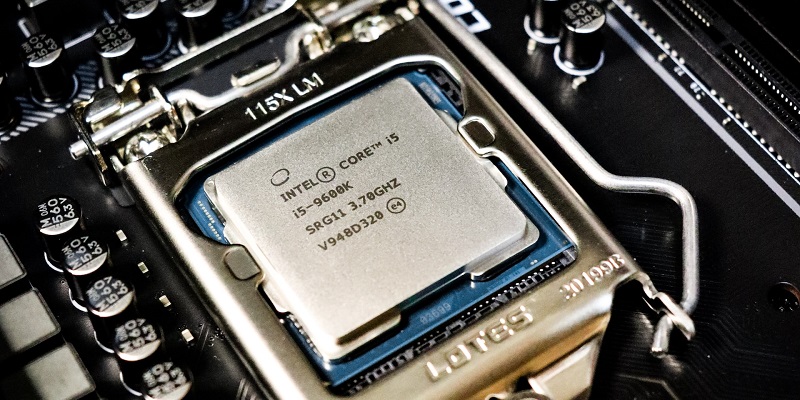In a move that comes as no surprise to the tech industry, Intel has officially unveiled its new branding for its processors, consolidating several existing product lines into two new brands – Intel Core and Intel Core Ultra.
According to a press release by Intel, the new branding will apply to its new Core processors, starting with Meteor Lake, and will initially feature Intel Core i3, Intel Core i5, and Intel Core i7 processors. This rebranding is a significant leap for Team Blue, which has spent 15 years building up the reputation of its Core i-series processors.
The new branding represents a major shift in Intel’s approach to its product lineup and is part of a broader effort to streamline its product offerings and simplify the purchasing process for customers. However, the differentiation between Core and Core Ultra is somewhat head-scratching, especially since there will probably be some overlap between the two brands in their middle tiers.
What the new branding means for customers
One of the major changes in the new branding is that Intel will no longer reference the specific generation in its marketing or product markings, so there will be no “14th-generation” or similar naming conventions. However, the generation number will still be identifiable in the specific processor model number.
The move is supposed to simplify the product lineup for customers, but it may cause confusion due to the lack of specific generation information. It is worth noting that mainstream customers are just as likely to ask the floor associate at Best Buy or Currys, or search it on Google to determine the best product, as they were with the old numbering convention.
The differentiation between Core and Core Ultra may also be unclear to many mainstream buyers, and it remains to be seen just how distinct the difference between the two brands will be. According to Intel, the rebranding reflects a significant shift in the chips’ architecture. Thus, on that level, it makes sense that a rebranding might be appropriate.
Leaving Behind a Legacy
With the rebranding of its Core series processors, Intel leaves behind more than a decade of hard work building up the reputation of its flagship processors. For many customers, the Core i3, i5, and i7 branding was familiar and easy to understand.
However, Intel’s decision to consolidate its products into just two brands may help eliminate some of the confusion caused by overlapping lines such as the Core X-series and the Core i9. Ultimately, the move may be a positive one for Intel, but there is no way to shake the feeling that with this move, Intel is leaving something important behind.
The announcement of the new Intel Core and Intel Core Ultra brands is a significant milestone for Intel. The move represents a clear attempt to streamline Intel’s product lineup and consolidate several existing product lines into two clearly defined brands.
However, it remains to be seen whether the new branding will be successful in simplifying the purchasing process for customers. The differentiation between Core and Core Ultra may be confusing, and the lack of specific generation information may cause even more confusion.
Despite these potential pitfalls, Intel’s new branding may ultimately be a positive move for the company. By consolidating its product lines and eliminating overlapping ones, Intel may be able to focus more on innovation and product development, rather than marketing and branding. Only time will tell whether the new branding will be a success, but it is clear that Intel is committed to simplifying its product lineup and providing customers with a clear and concise purchasing experience.

